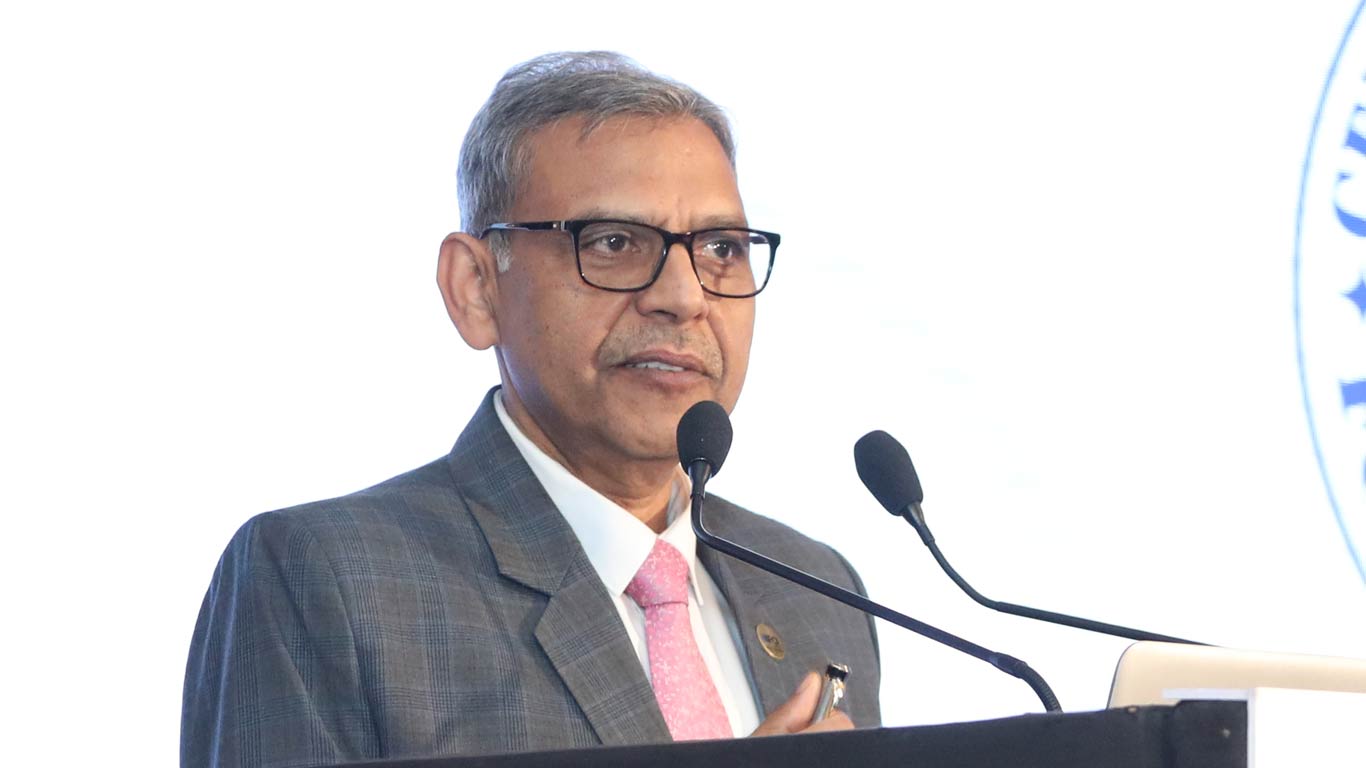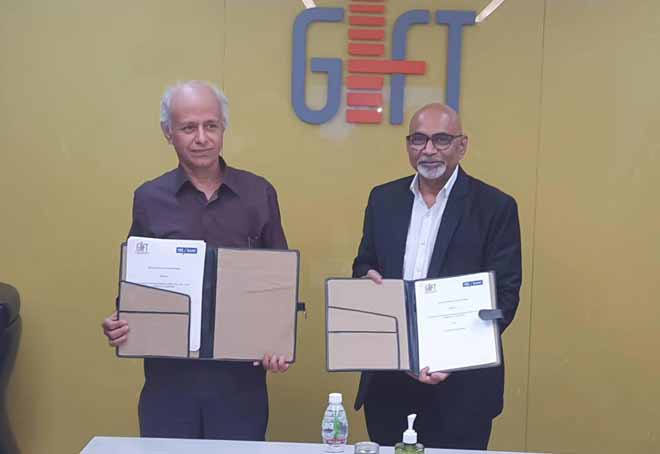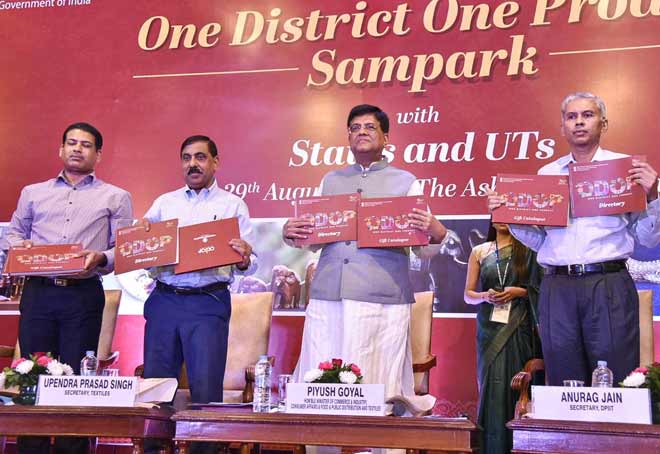This is nascent stage for 'startups' in India : says co-founder of Torqus systems
Updated: Jan 16, 2016 12:07:17pm

1. Please tell us something about your start-up. What was the notion behind bringing up 'Torqus Systems'?
We started up 3 years ago with the aim to amalgamate the fragmented software products offered to the F&B industry. It has been a roller-coaster ride through out. We started with a team of 4 people with one single product in Pune, with only a vision to become the IT Enablers for the F&B Industry. In the initial period we faced massive challenges to ensure that the industry accepted our products. The Pune market was really a good learning curve for us, it has been open to new technology, but at the same time unforgiving for any slips!
Today, we are a team of 40, spread across Pune, Mumbai, NCR and Bangalore. At the same time we have a presence in 16 cities covering nearly 1000 outlets. We are also constantly trying to enhance our product suites by adding more verticals.
2. What is so unique about your business that provides you competitive advantage?
There are a lot of localized POS software providers throughout geographies. Even though there are some companies which offer good software suites, most offer only a part of the puzzle. What Torqus offers is the entire puzzle – built and off the shelf. Torqus is much more than only POS (Point of Sale) or MMS (Material Management System). We have an entire product suite dedicated to the requirements of the F&B industry including the state-of-the-art SCM (Supply Chain Management System), POS, white label Online Ordering, CCC (Centralized Call Centre System), KDS which enhances the throughput and multiple mobile based apps built around these. There is no single entity in India which can probably offer an ‘End-to-End’ solution which is as comprehensive.
A major pain point in the F&B industry is that establishments need to mix and match products from different providers. There is no integration between them, and this makes it difficult for the organizations to understand the linkages and the leakages in their processes, while at the same time the top level management does not get a birds eye perspective of the entire organization. Torqus encapsulates all the fragments into one single centralized product offering – which caters to stand alone establishments as well as chains of any size.
Torqus works on a SaaS (Software as a Service) based model, which is a ‘pay as you go’ model. A major barrier for an organization, irrespective of it’s size, is to invest in a product at one go. We provide an alternative to this in which clients pay as they use the products, and only for the products which they use. In this manner the one time investment barrier goes away, the clients can try the solution before committing to it.
3. What is the potential market size for your product today? And what it is growth rate?
India is growing and it is taking it’s people and industries along with it. Incomes of people are growing and with it their spending capacity. The F&B industry is growing at a CAGR of 16% and by 2018 the market will be at USD 78 Billion.
Torqus has grown at a compounded rate of 40% quarter on quarter in the past 1 year. When we started we would approach potential clients, but today we are contacted by the end users themselves on a lot of occasions. Looking forward, with the feet on the ground sales, we have also added a robust office based sales team which enables us to cater to potential clients in cities and towns where we do not have an on-field presence. The aim is to gradually reduce the feet on the ground and increase the centralized sales. The growing technology penetration in India has enabled to do this, and in the future we see a minimum of the sales team on the ground.
4. How do you advertise your business?
We advertise our business using Google adverts and F&B trade shows across cities – but we are firm believers in word of mouth advertisement from satisfied clients, which is the one largest avenue for our growth.
5. What risks have you faced till now and what issues still exist?
We have a spread of products, some of which are locally deployed at the client end (on the client machines) and some of which are cloud based. At a glance even though the integration might seem simple, there are a lot of issues that we have had to tackle on the technology front. The core problem statement that we have is how to make the whole user experience seamless while at the same time making it look easy.
On the functional front, each establishment has it’s own unique processes and flows – it depends on the genre, vintage, geography, maturity, etc of the establishment. We have the challenge to build each product with customizable work flows so that all of them can use it. Both of these are the biggest issues / challenges.
6. What is the current size of your start-up, in terms of employees, as well as, annual turnover?
We currently have 40 team members across Pune, Mumbai, NCR and Bangalore.
7. Entrepreneurs have certain cashflow projections and forecast analysis before starting a business. How much investment did you require at the initial stage of building up your business and how did you manage to acquire the required funds?
After engineering we took the next logical step and worked in companies for 2-3 years, but there was always a desire to solve a real world business problem. When we started up we put in all our savings into it and did not draw a salary for the initial period. Even now we pump as much revenue back into the business as possible.
We received $350,000 angel funding from Mr. SS Mukherji (Vice-Chairman, Oberoi Group) in February, 2015.
8. Do you think the current policy structure is favorable for start-up ventures in India?
This is the nascent stage for ‘startups’ in India. As of now a lot policies towards startups fall in a grey area. The government has, in the past years, started to take notice and is in the process of regularizing these same policies. Incentives are being given to startups, government funds are being allocated to startups, and this is a good first step. It remains to be seen how startups are able to avail these incentives and how these funds are distributed. But I firmly believe that the current government is serious about promoting entrepreneurship and we will gradually find the environment being more and more startup friendly.
There are a lot of government compliances that need to be done/filed on a regular basis by companies – for startups which are in their nascent stage, it is very difficult to manage this along with balancing time on their core products. The government needs to first look into and cut down on red tape of such type for startups.
Many gurus compare the startup culture in the US to that of India, I believe that it is an unfair comparison. The US startup culture and environment has had a very long time to develop into what it is today, while India’s is still blossoming. It will surely keep on evolving and mature with time.
9. If you had one piece of advice to someone just starting out, what would it be?
Where there is an unsolved problem, there is an opportunity to startup. Find that problem you’re interested in and solve it. But make sure you research the problem in detail before you decide to jump into it. Once you jump, be committed, persevere, and be ready for the ups and downs.












